How We Came Together
“I think in a nutshell you know, instead of ‘a series of unfortunate events’, this was ‘a series of fortunate events’. Fortunate meetings with people, fortunate connections and just a totally awesome bunch of people, all of whom were behind it for whatever reason.”
— Jo
Before ForThe100 was called ForThe100, we were an eclectic group of bereaved families, shocked and bewildered by how we had lost a child to suicide at university. But with the input of Jo and her contact list, we became a professional organisation, able to mobilise 128,000 public signatures over six months for our petition to Parliament.
Our team has grown; our mission has remained the same.
The concept started with Bob and Maggie Abrahart. The Abraharts lost their daughter Natasha to suicide at the University of Bristol in 2018. Bristol had known Natasha was suicidal because she had told them so in writing.
“The big question in my mind was if the university has been told that a student is suicidal, what should their responsibility be? If they knew absolutely nothing about it they can't be expected to help. But if they actually know, is it right to do nothing?” — Maggie
Reckoning with Natasha’s death, Bob and Maggie started talking to other families who had lost children at university and were going through the inquest process. They found that Natasha was the 10th of 11 Bristol students to die in an 18-month period. It became clear to them that the underlying issue was one of systemic institutional failing.
The Abraharts set out to sue the University of Bristol on two accounts. Firstly under the Equality Act, because Natasha had a social anxiety disorder for which they failed to make the appropriate academic adjustments. Secondly, under common law duty of care.
“Talking to other families we realised that a duty of care was necessary in most cases. There's always something someone should have done but didn't.” — Bob
As the Abraharts and their lawyers had anticipated, they won on the Equality Act, but the County Court judge found no precedent existed for a duty of care and did not consider the matter further. From this moment onwards a collective mission emerged: to establish a statutory legal duty of care owed by universities to their students.
Bristol later appealed the Count Court decision and, subsequently, a High Court judge refrained from imposing any such duty on the higher education sector because, in his own words, “The issue is one of potentially wide application and significance.” That is exactly our point.
Esther was another bereaved parent who joined our mission. “My beautiful son Theo died in March 2019 at the University of East Anglia by suicide. A total shock, horrific time of our lives. I navigated that with my family as best I could… The most challenging journey of my life.”
Esther managed to connect with the Abraharts via Facebook. They subsequently and unexpectedly turned up in Norwich at the inquest into Theo’s death. “Maggie introduced herself… I was blown away by her interest and when she explained about Natasha I immediately bonded with her and gave her a hug because I knew she knew.”
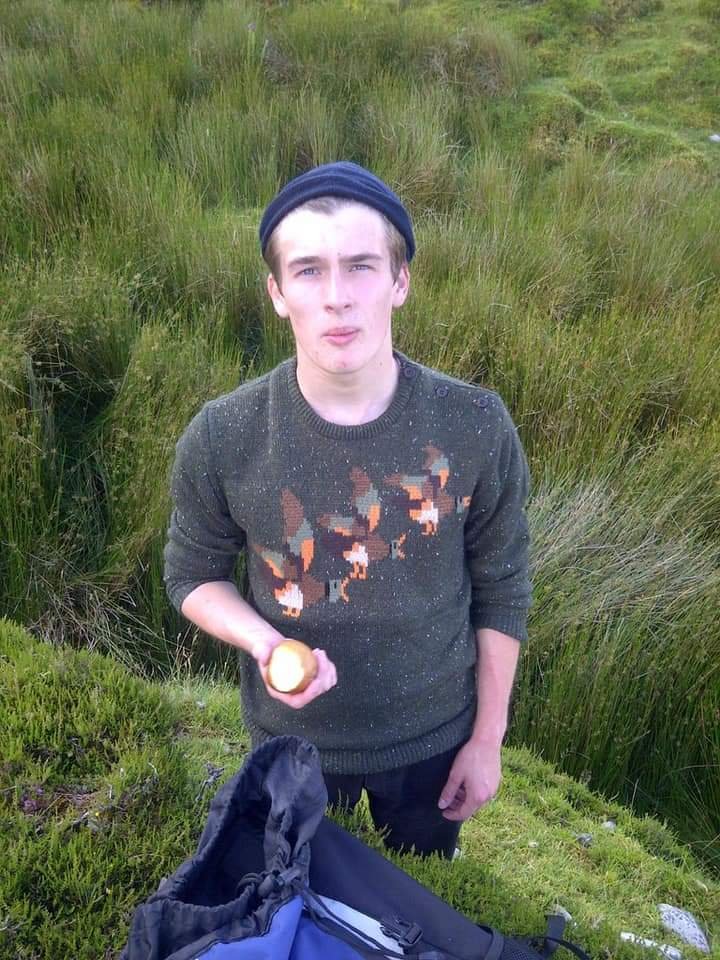

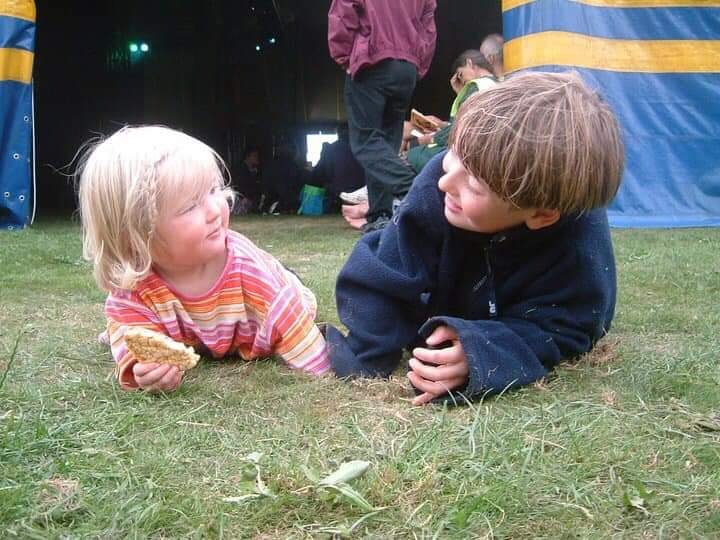
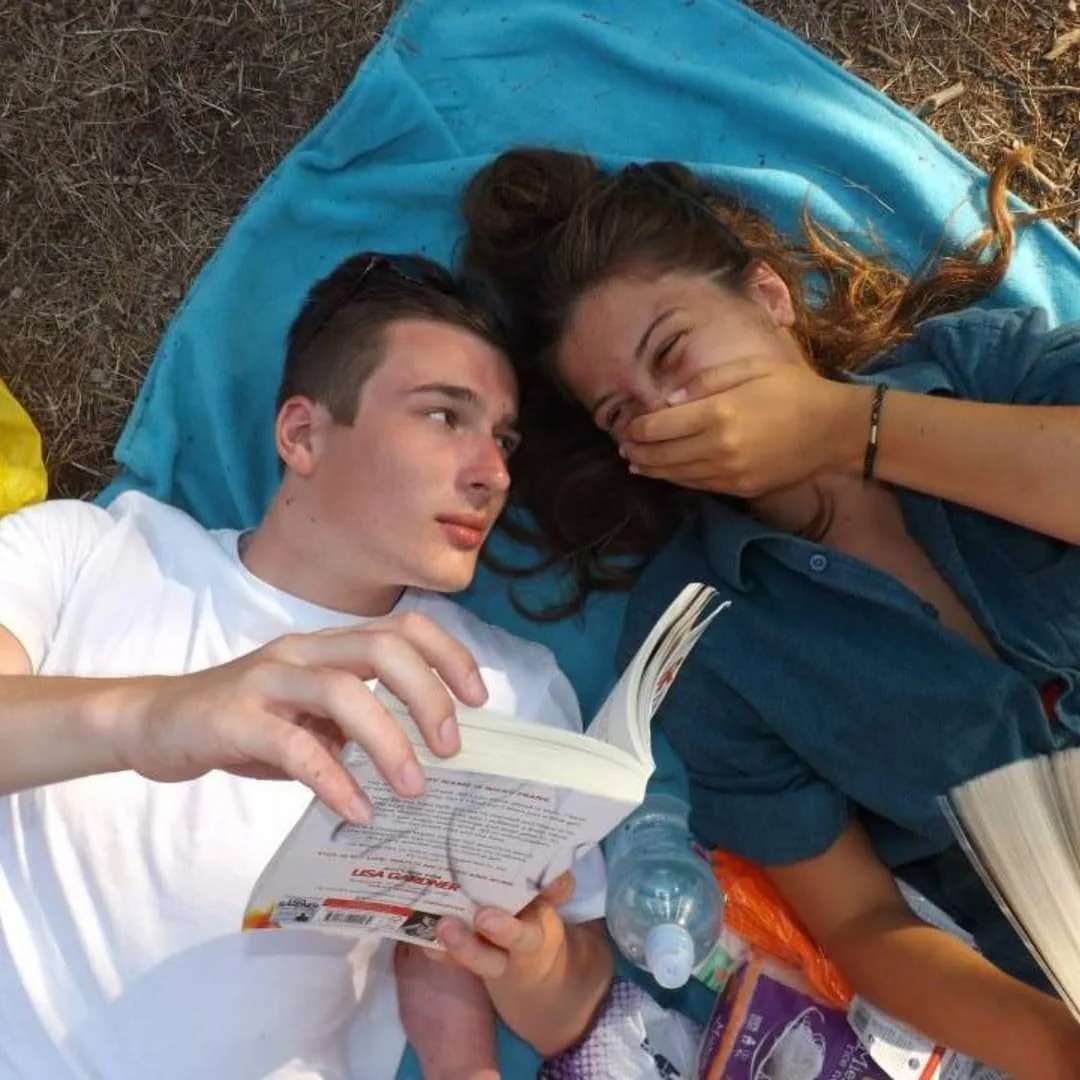
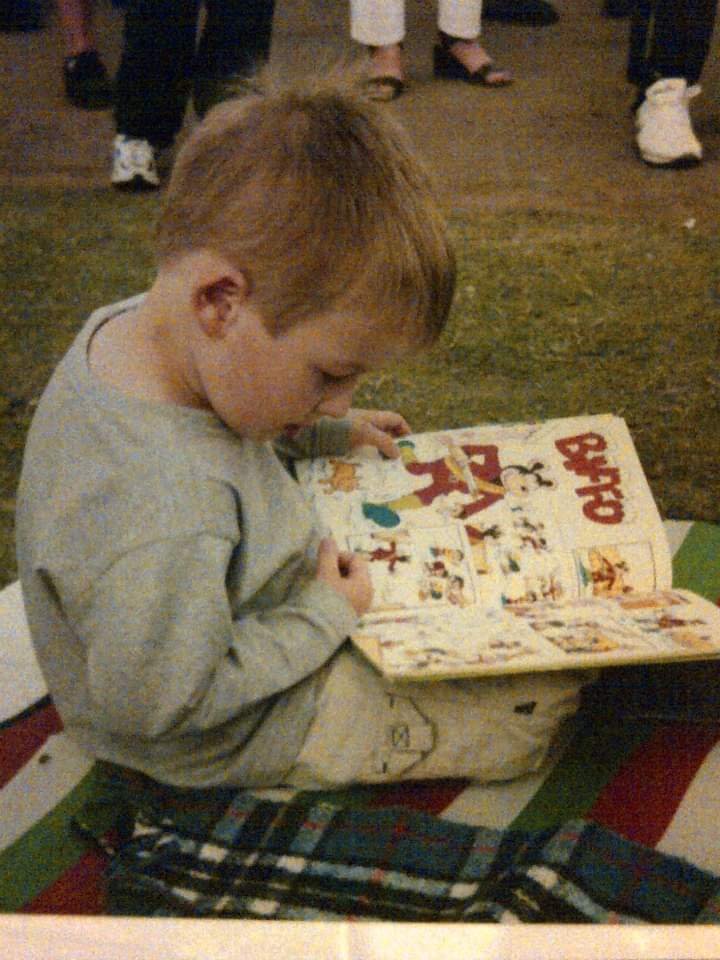
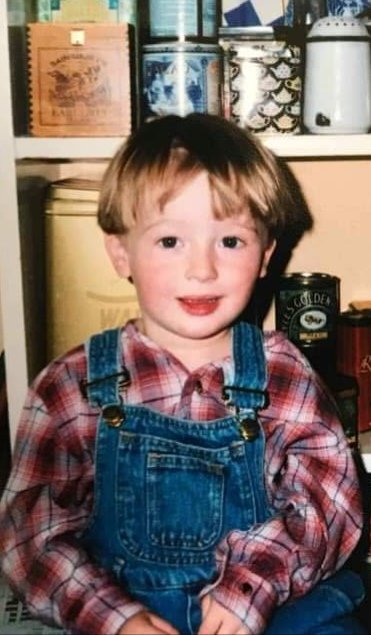
“I don't think [Maggie] knew what her overall vision was, but she just knew that what's going on with our children was so wrong and that we're fighting big legal departments and we are just little us who don't know a lot about the system.”
— Esther
Maxine also connected with Maggie and Bob. They similarly attended the inquest of her son Oskar, who died by suicide at Sheffield Hallam University in June 2021. Oskar had previously tried to take his life and the university knew this but did not contact his parents, despite him having ticked the consent box for this.
“We thought that [tick-box] was our back up. We were very naive and it cost him his life.… I'm just so annoyed that I wasn't given the opportunity to help him when nobody else wanted to.” — Maxine
Together these and other families decided to fight for a legally recognised duty of care to be established for university students.
We understood that there were two routes to this end: through common law becoming case law – but Bob and Maggie’s case had been unsuccessful – or through petitioning Parliament to legislate for a statutory duty of care. At the suggestion of Deborah Streatfield, we directly petitioned Parliament for the latter.
Petitioning parliament necessitates 100,000 signatures to get a hearing. We were slow to get this off the ground, but things changed with Jo.
Jo’s life was on an entirely different trajectory. In her search for a lawyer after her son Ben was — unfairly — expelled from Manchester University, she came across the Abraharts’ lawyer and the crowdfunding page for their legal fees.
“When I read that, I thought I should make a contribution… it's just the way they wrote it. It was so obvious that something had gone very wrong. [With the donation] I wrote a comment saying, ‘happy to support this very important cause. If you ever want to raise the profile; I'll join’.” — Jo
Sure enough, Maggie reached out asking whether Jo had any ideas of how to boost their parliamentary petition campaign.
Jo thought “that's easy, isn't it?…[When I told my sister] she looked at me as if I was starking mad.”
Jo’s sister understood that professionals were needed. Fast. She suggested her friend Rosie for research and outreach, a former colleague Marc for the website, then was put onto Jacob for the PR and her niece Summer who was studying film at Leeds to create video content. Simon Marshall also joined the team and suggested hosting vigils to raise our profile. As did the suggestions of Sakina and Holly. Soon there were centralised databases, a name, a logo. An eclectic group professionalised into ForThe100 thanks to Jo’s business approach.
“I think in a nutshell you know, instead of ‘a series of unfortunate events’, this was ‘a series of fortunate events’. Fortunate meetings with people, fortunate connections and just a totally awesome bunch of people, all of whom were behind it for whatever reason.” — Jo

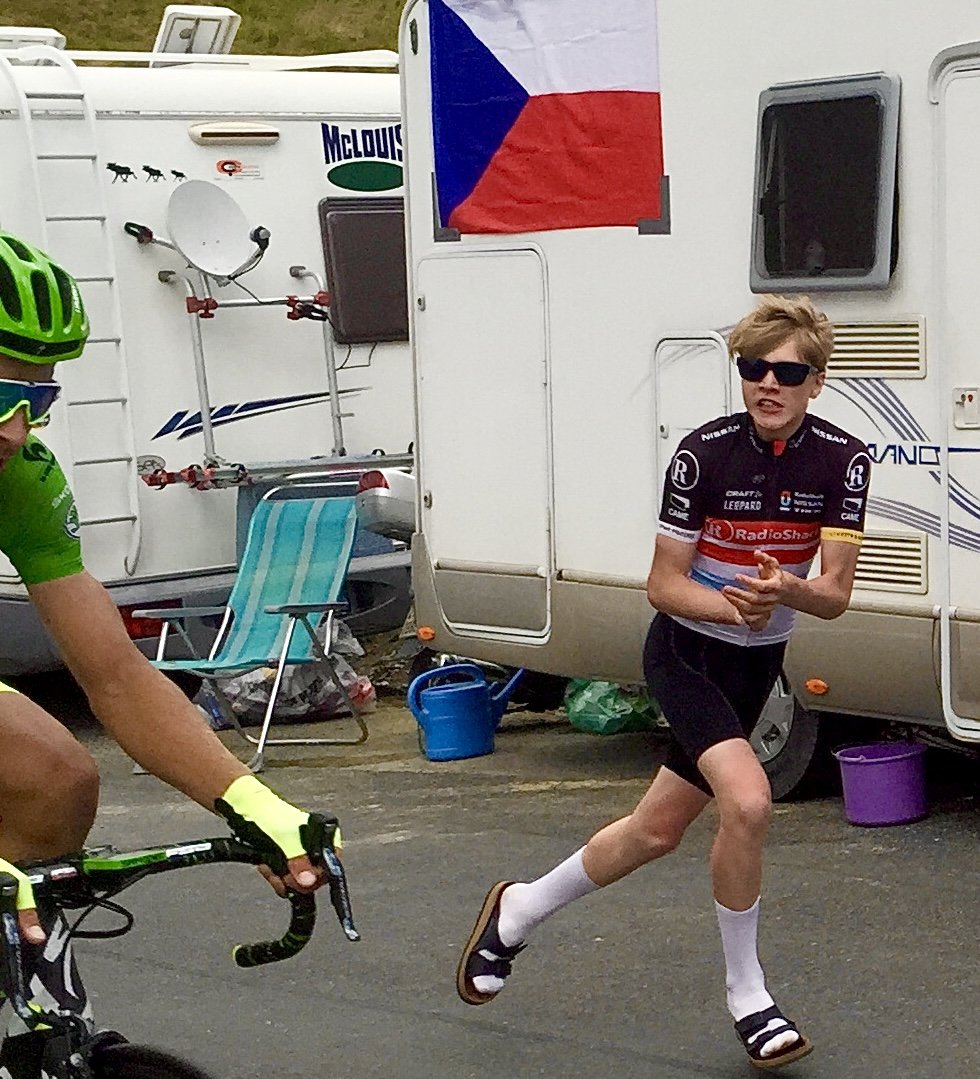




Each reason was different. For Summer, our youngest member, her role started “as a video editing job to do whilst at uni. But when I started talking to the parents, the stories were just so sad, and they didn’t know how to do the things they wanted to do to get this petition seen. It was obvious I had to help… As I got further into it all I started to think about my own situation. I struggled at school and the school helped me; called my parents… but if I’d been at a different stage of life when all those things came, maybe I wouldn’t have been alright?”
We became far broader than a collection of bereaved families. But for those families involved, ForThe100 has been a way of coping.
“I don't think I have dealt with grief and I don't know if I ever will. I think I'm too angry. And I still think that he’s at uni or somewhere he wanted to be travelling. I know a lot of people feel like that as well, and I think being part of ForThe100 feels like you're part of something. You're part of like-minded people who get you, they understand you.” — Maxine
For Esther, it serves the same function, as well as a second one: “Theo would have been part of ForThe100, it’s Theo telling me to fight. He was a stickler for things being correct, just had a massive thing about fairness. I'm doing it for Theo.”
